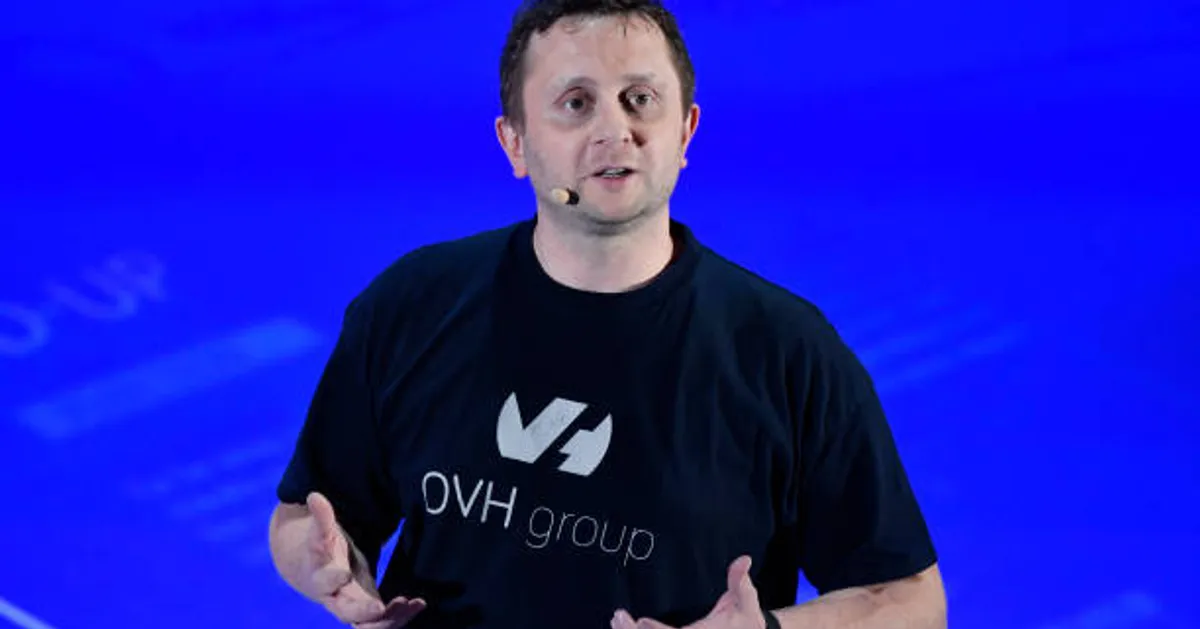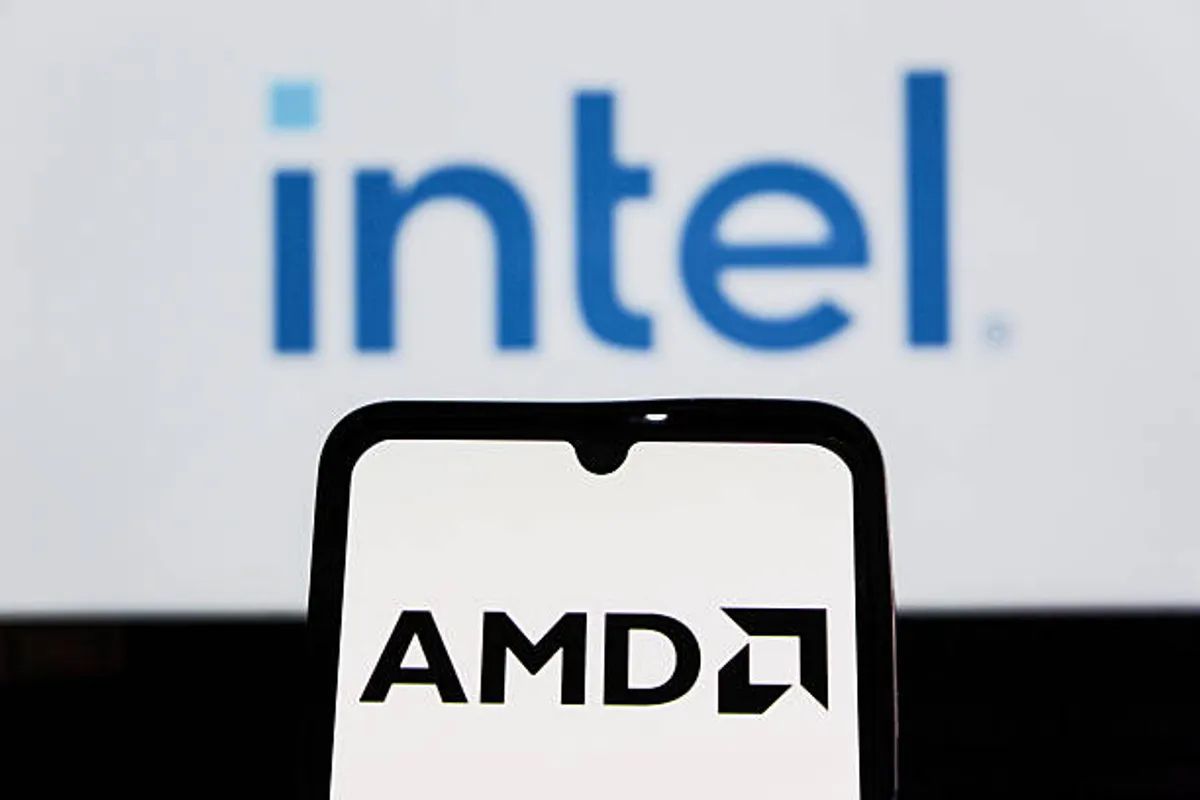OVHcloud Founder Klaba Returns as CEO After Crossing €1 Billion Revenue Milestone

GeokHub

French-Polish entrepreneur Octave Klaba has reclaimed the role of chief executive at OVHcloud, Europe’s largest cloud provider, following a corporate decision to merge the chairman and CEO roles. The move comes as OVHcloud celebrates achieving €1.08 billion in revenue for fiscal 2025, a first in its history, and aims to steer the firm through a new growth phase.
Klaba had stepped down as CEO in 2018 to become non-executive chairman. His return is seen as a strategic step to reinforce leadership at a pivotal moment, especially given the cloud sector’s evolving demands and intensifying competition from U.S. giants.
OVHcloud reported year-on-year revenue growth of 9.3%, with an adjusted EBITDA margin of 40.4%. The company’s net debt rose to €1.1 billion, largely due to a share buyback initiative, though it maintains €242 million in liquidity to support its development roadmap through 2030.
The revenue break-down shows that Private Cloud remains the core business (62%), while Public Cloud grew strongly to represent 20%, and Webcloud contributes the remaining 18%. OVHcloud serves about 1,200 key clients—each generating over €100,000 in recurring annual revenue—and is looking to expand further in North America and Asia, particularly in Canada, Singapore, and India.
Klaba has emphasized the shifting geopolitical and technological landscape—with fragmentation trends, sovereignty concerns, and supply chain stress—but insists “the globalized world is not there anymore.” Under his renewed leadership, OVHcloud plans organic growth of 5–7% in 2026, with a focus on Webcloud expansion and preserving its high EBITDA margins. He considers participation in a €180 million EU cloud infrastructure tender as aligned with OVHcloud’s ambitions for European digital sovereignty.
The return of the founder at this juncture may provide renewed focus and credibility as OVHcloud navigates scaling pressures, rising demand for artificial intelligence services, and the fight for relevance against AWS, Azure, and Google Cloud.








